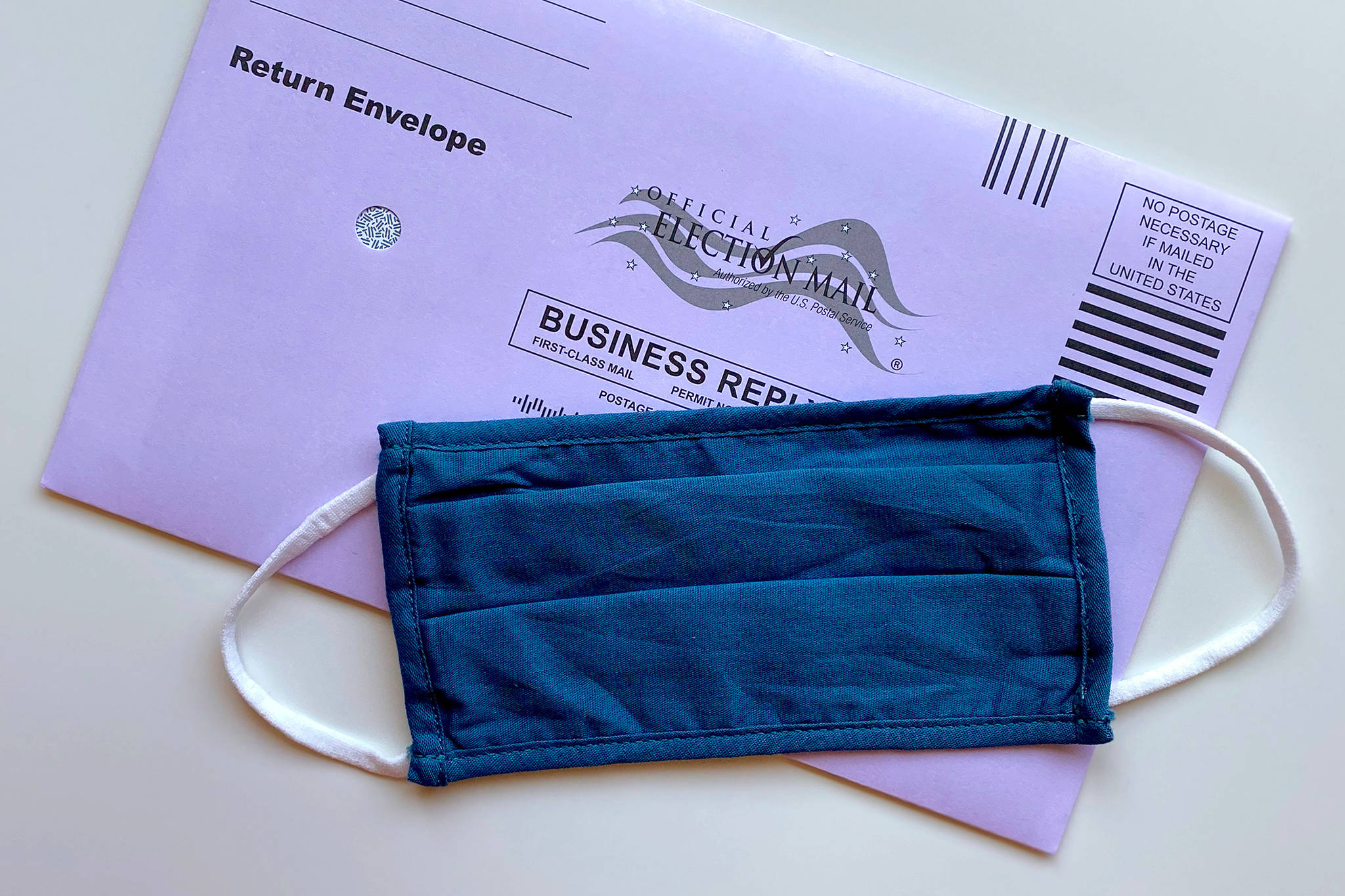By Dr. Emily Kane
The partisan hypocrisy currently on display over the nomination of a lifetime justice to replace the utterly inimitable Ruth Bader Ginsberg is a perfect demonstration of how polarization threatens democracy. I was recently exposed to the collective work of a savvy and sincere group of citizens who are deeply committed to restoring our democracy by giving Alaskan voters more choice, more voice and more power in our elections. They are the team behind Yes on Ballot Measure 2.
[Election reform measure goes beyond party lines]
We the people can help by voting Yes on 2 at the polls Nov. 3, or as soon as our mail-in ballots arrive. Some say this ballot measure is complicated. I disagree. The language is very clear and the three objectives are mutually supportive. Ballot Measure 2 calls for illuminating the sources of all campaign contributions. Alaska Public Offices Commission will help with tracking and exposing so-called “dark money” so voters can assess who the candidate is aligned with, or possibly beholden to. Another aspect of Ballot Measure 2 is to list all candidates on one ballot, eliminating the tedious and arbitrary bipolar division of candidates into mandatory Democratic or Republican tickets. In Alaska, well over 60% of registered voters are neither D nor R. So, it is intuitively obvious that forcing candidates onto one of those two tickets is unnecessarily polarizing. Witness the egregious listing of Alyse Galvin and Dr. Al Gross on the federal ballots as D’s, whereas they are both undeclared. That “mistake” seems to be an unscrupulous power move on the part of our state administration. We are needing to be the United States of America right now. Importantly, Ballot Measure 2 calls for what’s called ranked-choice voting in which the top 4 candidates in a primary — regardless of party affiliation — would advance to the general election. This brilliantly accomplishes several democratizing goals. First, you are more likely to get your second (or third) choice of candidate if you don’t get your first choice, as opposed to getting a candidate you didn’t vote for at all. Second, the basis of “negative campaigning” will disappear: If I’m a candidate running against an “opponent” who does not advance to the general election, and if I played fair, and acted courteously, the supporters of my “opponent” are more likely to vote for me, rather than retreating from their civic duty in disgust because I said nasty things about their opponent during the campaign. Restoring civility to the democratic process! Very appealing! Fair elections are more likely to garner candidates who represent the center, where most of us can co-exist peacefully.
RIP RBG. Her sincere dying wish was to maintain the integrity and independence of the Supreme Court. A hallmark of moving away from democracy, toward autocracy or oligarchy, is the politicization of the courts. Let us honor her, and ourselves, by voting to repair and shine up our precious democracy.
• Dr. Emily Kane is a naturopathic doctor, licensed acupuncturist and has practiced family medicine in Juneau since 1993.

